The worst ever food crisis globally in recent times, has forced the COP27 to also have agriculture on the top of their agenda, as the climate crisis has caused greater harm to the agriculture yields of developing and poorer countries. Food productions are declining due to decades of industrialization by developed countries and giving unprecedented rise to greenhouse gas emissions of unprecedented magnitude since the first industrial revolution that took place in Europe in later part of the 18th century till now.
It is these revolutionary industrial developments that put them much ahead of the rest of the world. Global Carbon Project says, the US and the EU contributed around 47% of the CO2 emissions produced internationally till 2017 from mid-eighteenth century. Successive environmental studies are enough to suggest that their industrial activities have caused this climate crisis, which are making it tough for the developing and poorer countries to have even sufficient food and essentials.
In a session designed for the issue related to agriculture, India vociferously opposed the efforts of the developed countries to extend the scope of mitigation to agriculture. India asserted that rich nations do not want to reduce emissions by changing their lifestyles and are merely searching for cheaper solutions elsewhere.
India expressed deep concerns over the draft decision text on the Koronivia Joint Work on Agriculture and said that the developed world is blocking a pro-poor and pro-farmer decision by simply insisting on expanding the scope for mitigation to agriculture, adding this kind of approach may compromise the very foundation of food security.
India said that the developed countries wish to change the goalposts of the international climate regime using diversionary means. India also accused them of diluting their responsibilities arising from their historical emissions when they caused huge amount of CO2, adding that the developed countries are distracting attention from their excessive GHG emissions by emphasizing reduction in agriculture emissions, terming them as survival emissions and not luxury emissions.
In an earlier session, India’s Environment Minister Bhupender Yadav emphaised that all countries are entitled to their fair share of the global carbon budget and must stay within this in their cumulative emission. He said physical access to the remaining carbon budget must be provided by developed countries reaching net zero much earlier than their current target dates. He also added that access to the fair share of the full budget must be provided, pointing out that this can be done through extensive negative emissions and monetizing the carbon debt of the developed countries.
Moreover, all accepted the fact that to tackle the worsening climatic conditions, financing in trillions of dollar is needed to support developing countries to transition to clean energy, to adapt to a changing climate and to recover and rebuild from damages and losses already caused.
Ministers and scientists discussed the role of conservation, restoration and management of ecosystems in conserving carbon stocks and sequestering carbon. The socio-economic costs on biodiversity and the nature-based solutions to address climate change and sustain biodiversity, was also presented. Hope for Coral Reefs saw discussions on the effects of climate change on the coral reefs of our oceans globally, particularly in Egypt’s Red Sea along with the work being done to make the difference through science and innovation.






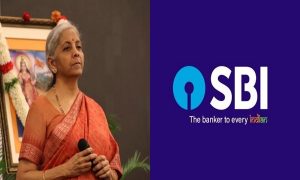

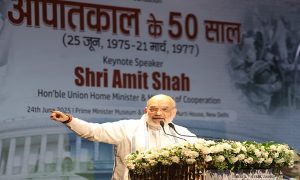



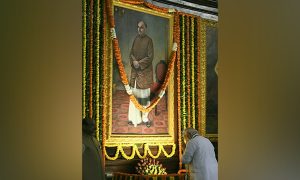

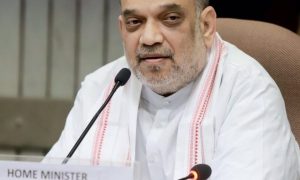

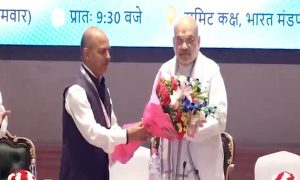

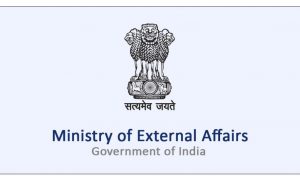

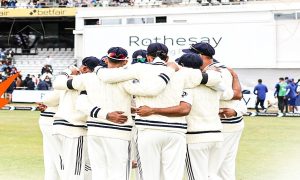







 WhatsApp us
WhatsApp us